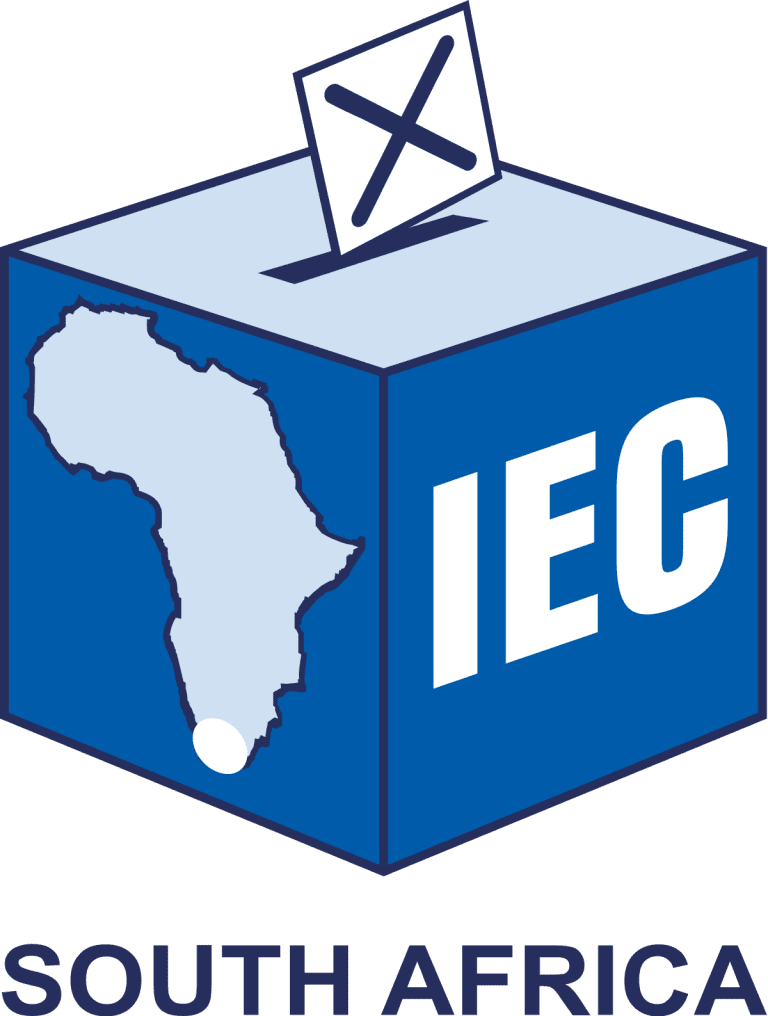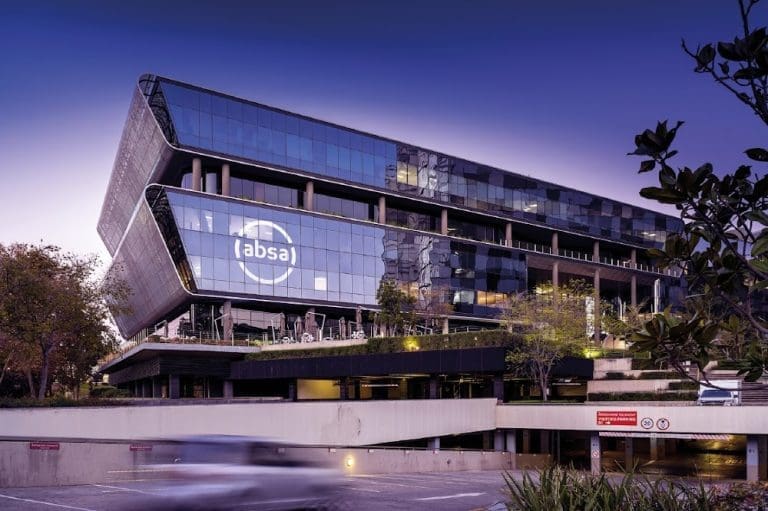South Africa’s National Health Insurance (NHI) Bill, which has generated substantial controversy since its passage earlier this year, could become a feasible reality with certain amendments, according to Discovery Group CEO Adrian Gore. While the current iteration of the NHI Bill has faced criticism from various quarters, Gore emphasizes that universal healthcare remains a crucial goal for the country, but it can only be achieved through collaboration between the public and private sectors.
In Discovery’s annual report, Gore expressed his concerns about the NHI Bill’s present structure, stating that it is “unworkable.” Nevertheless, he refrained from dismissing the idea of universal healthcare. The crux of the issue lies in the Bill’s current wording, which stipulates that, once NHI is fully implemented, medical schemes can only offer supplementary coverage for services not reimbursed by the NHI Fund.
Gore stated, “Universal healthcare is crucial, and the NHI is a remedy to achieving this. However, we are of the view that the NHI is not workable without private-sector collaboration. Funding the additional healthcare spend required for NHI through tax increases on a small base is not sustainable.”
Adrian Gore’s concerns echo the sentiments expressed earlier by the outgoing Discovery Health CEO, Ryan Noach. Noach had warned that the implementation of the NHI could potentially lead to a tax revolt. According to Discovery Health, the Department of Health’s estimate of R200 billion for the NHI’s cost is likely an underestimate. Based on research by Professor Roseanne Harris, they outlined the following tax increases required to generate the additional R200 billion:
- Increasing VAT from 15% to 21.5%.
- Raising personal income taxes by 32%.
- Implementing a payroll tax equivalent to ten times the current UIF contributions.
While various combinations of VAT, personal income taxes, company taxes, and payroll taxes have been considered, the resulting funding requirements remain substantial. Noach pointed out, “These significant tax increases will only provide the government with about 50% of what the NHI requires. These three scenarios are entirely unfeasible. You don’t need to understand that there will be a tax revolt. You will never raise it.”
Adrian Gore shares Noach’s concerns about the exorbitant tax increases, highlighting that even with the additional spending, healthcare funding would still be insufficient. This would result in the medical scheme population paying more tax and receiving significantly less healthcare.
Nonetheless, Gore believes that with the right amendments to the NHI Bill, a partnership between the private and public sectors could help achieve the core goals of universal healthcare. He asserts, “The resources of both the public and private sectors are needed to deliver universal health coverage, and changes to the current version of the proposed Bill could facilitate this collaboration.”
Discovery is not alone in its stance. Other medical scheme providers, such as Momentum, also see the NHI as an opportunity to address South Africa’s stark health inequality. Momentum’s approach, however, advocates for cooperation rather than the dissolution of medical aid members. They propose creating low-cost medical aid options in collaboration with the government, thereby relieving some of the burden on the public healthcare system while keeping the private sector involved.
As South Africa navigates the path towards implementing the NHI, the call for amendments to ensure a balance between public and private sector involvement is gaining momentum. Finding this balance is seen as essential to achieving universal healthcare without overburdening taxpayers and private healthcare providers. The debate over the NHI’s viability and implementation continues, with stakeholders from various sectors working towards a solution that benefits all South Africans.










































